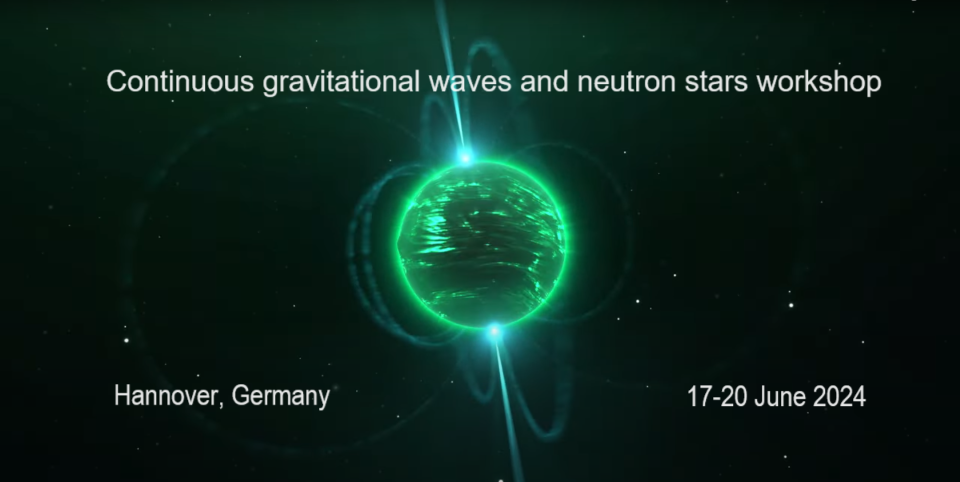Speaker
Description
The detection of gravitational waves (GWs) has opened new avenues for studying the universe and testing fundamental physics. As LIGO, Virgo and KAGRA undertake another observation run (O4) with an improved sensitivity, non-axisymmetric neutron stars emitting quasi monochromatic, long-standing GWs are expected to be within the detectors' sensitivity band. However, their detection in the presence of noise remains a challenging problem. In recent years, Deep Learning approaches have been proposed as a potential solution to this issue. This study explores the effectiveness of employing a transfer-learning approach with a binary-classifier network, based on ResNext50, for detecting unmodeled CWs embedded in real detector noise from the O3 observation run. This model leverages spectrograms derived from the H1 and L1 detectors, divided into numerous segments each extending over approximately 4-days periods. Through this technique, inference is applied to each segment to accumulate a comprehensive detection statistic across frequency bins. Such method is compared to the SOAP CW pipeline, showing improved efficiency and generalization to lower signal-to-noise ratios. The results not only highlight the benefits of the use of more complex network-architectures but also set a precedent for the further development of the detection of unmodeled CW signals based on artificial neural networks.

